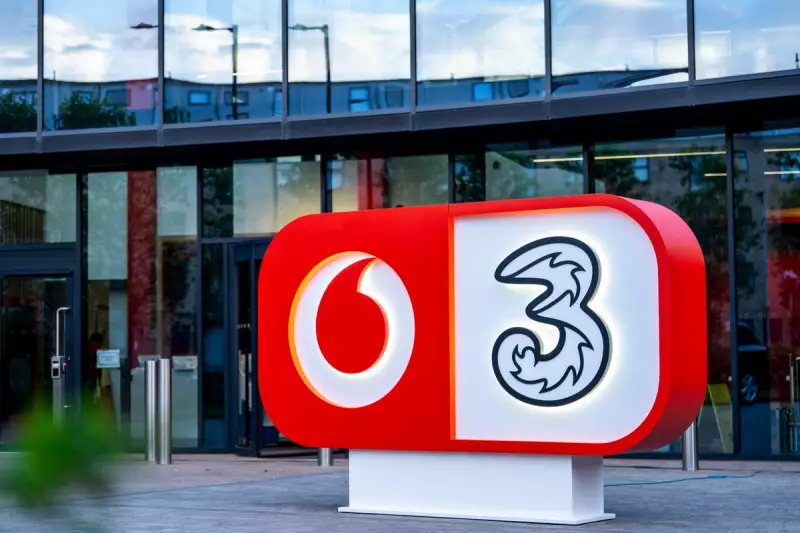
The UK's Competition and Markets Authority (CMA) has cast doubt over the proposed £15 billion merger between Vodafone and Three UK, citing concerns that the deal could stifle competition and lead to higher prices for consumers.
The CMA has launched an in-depth 'phase two' investigation into the merger, which would create the UK's largest mobile network with around 27 million customers. The regulator warned that combining two of the country's four major telecom providers could result in reduced choice and poorer services for both individual and business customers.
What the Merger Would Mean
If approved, the deal would see Vodafone owning 51% of the combined business, with Three's parent company CK Hutchison holding the remaining 49%. The companies argue that the merger would enable them to better compete with market leaders BT/EE and Virgin Media O2, while accelerating the rollout of 5G networks across the UK.
Regulator's Concerns
Sarah Cardell, CMA Chief Executive, stated: "This deal would bring together two of the major players in the UK telecommunications market, which is critical to millions of everyday customers, businesses and the wider economy. We're concerned this could lead to higher prices and reduced quality."
The CMA's initial investigation identified three main areas of concern:
- Impact on competition in the mobile telecoms market
- Potential effects on mobile virtual network operators (MVNOs)
- Consequences for infrastructure sharing agreements
What Happens Next?
The phase two investigation will be conducted by an independent panel of experts, with a final decision expected by 22nd September 2024. The companies will have the opportunity to propose remedies to address the CMA's concerns, which could include selling off parts of their business or making legally binding commitments about future pricing and investment.
This development comes at a challenging time for the UK telecoms sector, which faces significant investment demands to upgrade networks while consumers grapple with cost-of-living pressures.





